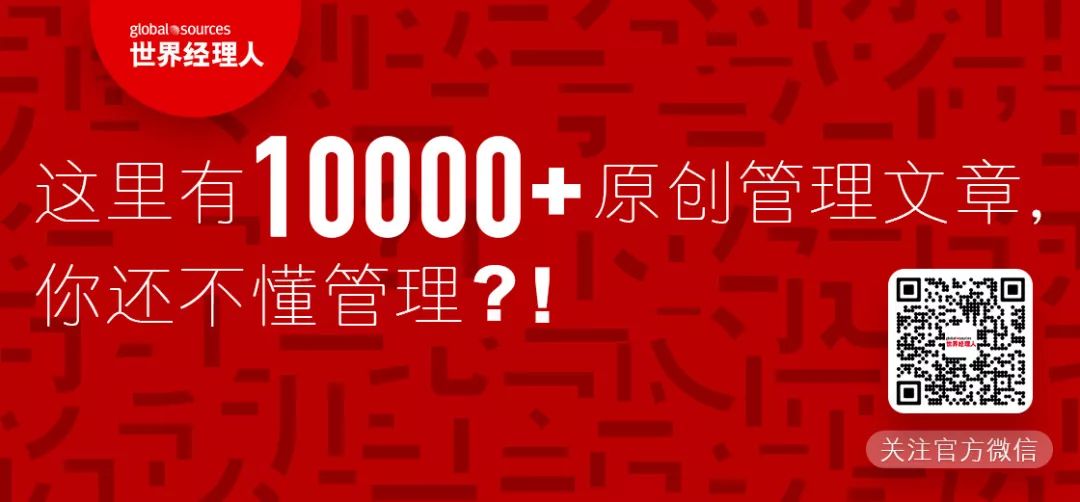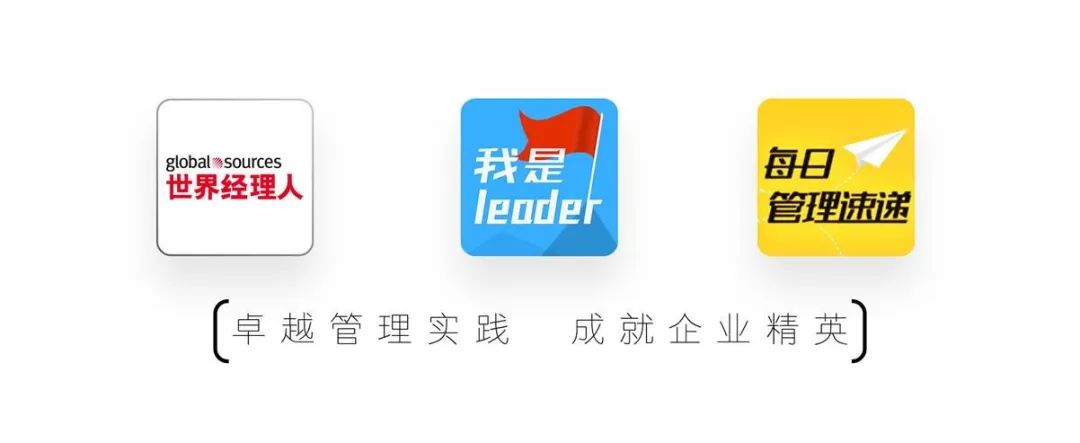
Qin Ling | Original article by World Manager | Image | 123RF
123RF_32691021
The Industrial Internet of Things (IIoT) integrates various sensors or controllers along with mobile communication, intelligent analytics, and other technologies into every aspect of industrial production, significantly improving production efficiency while reducing costs and resource consumption.
Data-Related
This is a popular vocabulary in the field of IIoT, all related to the vast amounts of data generated within enterprises. ■ Big Data: A massive collection of data sets that can be analyzed for patterns and trends but cannot be captured, managed, or processed using conventional methods.
■ Stream Data: Data that is continuously generated from different sources, typically sent in the form of data records and is smaller in scale.
■ Sensor Data: Data output generated by devices that detect and respond to input signals from the real environment.
■ Time Series Data: Data that reflects the changes of systems, processes, or behaviors over time, also known as time-stamped data, usually used to discover and study patterns of change.
Business Process-Related
These terms are commonly encountered by managers and are mostly related to specific business processes. But do you really understand the precise meanings of all these terms? ■ Predictive Maintenance: A technique used to determine the condition of in-service equipment to predict when maintenance should be performed. This method can save costs through routine, scheduled preventive maintenance, ensuring the execution of production tasks.
■ Operational Intelligence: A real-time, dynamic business analytics method that increases visibility into data, event streams, and company operational activities.
■ Overall Equipment Effectiveness (OEE): A metric used to measure the utilization of elements such as facilities, time, and materials during scheduled operating time.
■ Asset Monitoring: Monitoring all activities related to specific machinery, including production, performance, quality, and health.
Technical-Related
This category of terms is often unfamiliar to non-technical managers, so mastering these terms can help facilitate smoother communication with professionals within the team. ■ Application Programming Interface (API): A set of functions or programs that allows one application to access the features or data of another program or service or interact with it.
■ Programmable Logic Controller (PLC): An industrial digital computer that continuously monitors the status of input devices and makes decisions based on pre-programmed logic (to control manufacturing processes and equipment). ■ Radio Frequency Identification (RFID): A wireless communication technology that uses radio frequencies to activate passive tags to identify people or objects.
■ Supervisory Control and Data Acquisition (SCADA): A control system architecture that uses computers and networked data communications to monitor and control equipment in factories.
Security and Standards-Related
When enterprise data is stored in the cloud, security becomes a critical issue. Therefore, understanding security-related terms is also necessary. ■ Identity and Access Management (IAM): A framework of business processes, policies, and technologies to manage digital identities (such as for authentication and access control).
■ Message Queuing Telemetry Transport (MQTT): An information transmission protocol based on TCP/IP technology, used for low-code or bandwidth-limited use cases.
■ Transmission Control Protocol and Internet Protocol (TCP/IP): The language used to access the internet.
■ Ethernet IP: One of the manufacturing communication protocols used to transmit information between electronic devices. Ethernet IP was originally developed by Rockwell Automation.
■ Hypertext Transfer Protocol (HTTP): The protocol used for transferring hypertext between the World Wide Web and local browsers. HTTP defines the format and transmission method of information, as well as the actions to be taken under various commands. After understanding these terms, enterprise managers can use this as a foundation to continue further research and learning.

Author / Qin Ling
Member of the Original Studio of World Manager Media.
For contact, please add WeChat or email: [email protected]. Welcome to communicate.
This article was published on the World Manager website
(www.ceconline.com)


World Manager WeChat Matrix